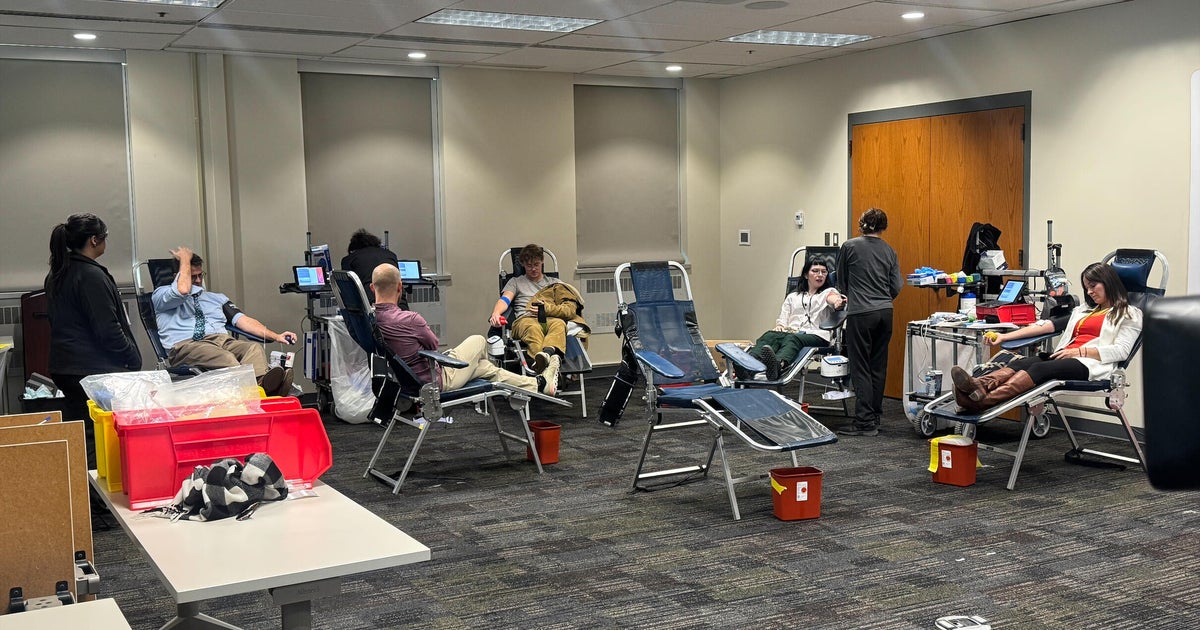GM and Ford further cut car production due to chip shortage
The global shortage of semiconductors has forced General Motors and Ford to continue cutting production at North American factories as semiconductor chip supplies seem to be growing tighter.
The chip shortage has already been rippling through various markets since last summer. It has made it difficult for schools to buy enough laptops for students, delayed the release of popular products such as the iPhone 12 and created scrambles to find the latest video game consoles, such as PlayStation 5.
But things are getting even worse for the auto industry, where factories are shutting down because there aren't enough chips to finish building vehicles. The problem was compounded by a grounded container ship that blocked the Suez Canal for nearly a week, choking off chips headed from Asia to Europe.
GM said this week it will stop production at its Spring Hill, Tennessee; Ramos Arizpe, Mexico; Ingersoll, Ontario; Fairfax, Kansas; Lansing, Michigan, Delta Township; and Lansing, Michigan, Grand River factories.
Spring Hill, which makes the Cadillac XT5, will shut down the weeks of April 12 and 19. Production of the Chevrolet Blazer at Ramos Arizpe will stop for a week on April 19, while the Lansing Grand River plant, which makes the Chevrolet Camaro, will stay shut down through the week of April 26.
The Lansing Delta Township plant will be down for a week starting April 19, cutting production of the Chevy Traverse while the Ontario and Kansas plants will be shut down through the week of May 10. The Ontario plant makes the Chevrolet Equinox SUV, while the Kansas plant manufactures the Chevy Malibu.
These snags are likely to frustrate consumers and threaten to leave a big dent in the auto industry, which by some estimates stands to lose $60 billion in sales during the first half of 2021. GM expects the chip shortage to cost it up to $2 billion in pretax profits this year from lost production and sales. Ford is bracing for a similar blow.
Ford said last month that it's letting thousands of new vehicles sit idle at assembly plants because the semiconductor shortage. The deficit means the Michigan automaker could miss out on $1 billion to $2.5 billion in sales.
Ford said this week that it would shut down its Chicago, Flat Rock, Michigan, and the Transit van side of the Kansas City Assembly Plant in Claycomo, Missouri. But seven U.S. plants will run through the two traditional summer shutdown weeks in late June and early July. The Chicago plant makes the Ford Explorer while Flat Rock makes the Mustang sports car.
The pandemic is the main factor behind the chip shortage, according to the Semiconductor Industry Association. Sales of electronic devices have soared because many people were working from home, logging into telemedicine visits and attending remote learning from their laptops. The nation's limited supply of semiconductors went largely to those devices at the expense of automobiles, the trade group has said.
A semiconductor is a computer chip that serves as the brain of an electronic device. In vehicles, semiconductors are used to control everything from engine temperature to alerting drivers of the need for an oil change.
IHS Markit estimates that from January through March, the chip shortage reduced North American auto production by about 100,000 vehicles. In January of last year, before the pandemic, the U.S. auto industry had enough vehicles to supply 77 days of demand. By February of 2021 it was down almost 30% to 55 days. Edmunds.com said discounts are down and prices for new and used vehicles are up.





